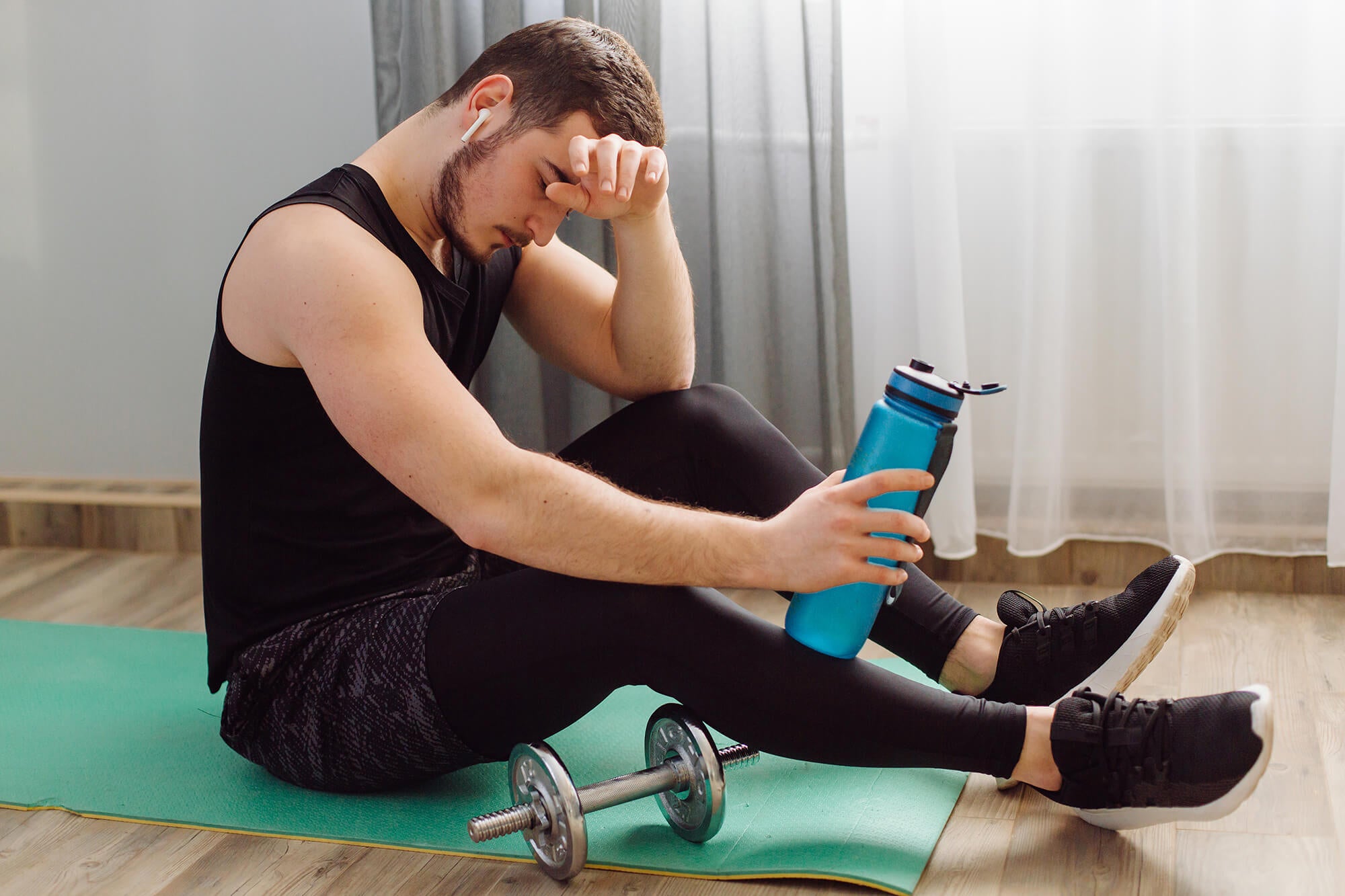Are you tired of dealing with sore muscles after a workout? Looking for the best solution for muscle recovery? You're not alone. Many athletes and fitness enthusiasts struggle with muscle soreness, which can hinder performance and delay recovery.
But what if there was a simple, effective way to speed up your recovery process? In this article, we will explore the benefits of ice baths and how they can help you recover faster from intense workouts.
So, let's get started.
Ice Bath for Muscle Recovery
Ice baths can help in muscle recovery in several ways. Firstly, the cold temperature of the water causes blood vessels to constrict, which reduces swelling and inflammation in the muscles. This can help to alleviate muscle soreness and speed up the recovery process.
Research has also shown that ice baths can help to reduce muscle damage and improve muscle function after strenuous exercise.
A study published in the Journal of Science and Medicine in Sport found that athletes who used cold-water immersion after exercise experienced less muscle soreness and had better muscle function compared to those who did not use cold-water immersion.
Additionally, ice baths may help to reduce the production of inflammatory markers in the body, such as cytokines, which are released in response to muscle damage. By reducing inflammation, ice baths can help to promote faster healing and recovery.
It's important to note that while ice baths can be beneficial for muscle recovery, they should be used in conjunction with other recovery methods, such as proper nutrition, hydration, and rest.
It's also important to consult with a healthcare professional before starting any new recovery regimen, especially if you have any underlying health conditions.
Now let's discuss if an ice bath is really the best solution for muscle recovery.
Is it Really the Best Solution for Muscle Recovery?
Ice baths, also known as cold-water immersion therapy, have long been used by athletes to reduce muscle soreness and speed up recovery after intense physical activity.
As said above, the theory behind ice baths is that the cold temperature constricts blood vessels, which reduces swelling and flushes out waste products, such as lactic acid, that can build up in muscles during exercise.
Many athletes swear by the benefits of ice baths, claiming that they help them recover faster and perform better in their next workout. But are ice baths really the best solution for muscle recovery?
While ice baths can be effective for some people, they may not be suitable for everyone. Some studies have shown that ice baths may actually reduce muscle growth and interfere with the body's natural inflammatory response, which is important for muscle repair.
Additionally, ice baths can be uncomfortable and even painful, especially for those who are not accustomed to cold temperatures. Some people may also experience side effects such as skin irritation or numbness.
It's also worth noting that there are other methods of muscle recovery that may be just as effective as ice baths, if not more so. These include foam rolling, massage, and contrast water therapy, which involves alternating between hot and cold water immersion.
In conclusion, while ice baths can be a useful tool for muscle recovery, they may not be the best solution for everyone. It's important to listen to your body and find a recovery method that works best for you.
Now let us give you some helpful tips to have ice bath if you are an athele and looking to recover your muscles.
Tips for Athletes to Utilize Ice Bath for Muscle Recovery
If you're an athlete looking to incorporate ice baths into your recovery routine, here are some tips to help you get the most out of this cold therapy:
· Timing is key:
Taking an ice bath soon after exercise can help reduce muscle soreness and inflammation by constricting blood vessels and flushing out waste products. Aim to take the ice bath within 30 minutes to 1 hour after your workout or competition for the best results.
· Duration:
The recommended duration for an ice bath is 10-15 minutes. This duration is effective at reducing muscle soreness without increasing the risk of cold-related injuries. Longer durations may not provide additional benefits and could lead to discomfort or skin damage.
· Temperature:
The ideal temperature for an ice bath is between 50-59°F (10-15°C). Water temperatures below this range may be too cold and increase the risk of cold-related injuries, while temperatures above this range may not provide the desired therapeutic effects.
· Warm-up:
Before getting into the ice bath, consider warming up your muscles with light exercise or stretching. This can help improve blood flow to the muscles and make the cold immersion more tolerable.
· Hydrate:
It's important to stay hydrated before and after your ice bath. Cold immersion can cause the body to lose heat quickly, which can lead to dehydration. Drink plenty of fluids to help replenish lost fluids and support muscle recovery.
· Compression:
Wearing compression garments during or after your ice bath can help reduce swelling and improve blood flow to the muscles. Compression can also provide support to the muscles and joints, which can aid in recovery.
· Monitor your body:
Pay attention to how your body responds to the ice bath. If you experience numbness, tingling, or intense shivering, exit the bath immediately. These symptoms may indicate that the water is too cold or that you have been in the bath for too long.
· Recovery routine:
Ice baths should be part of a comprehensive recovery routine that includes proper nutrition, hydration, rest, and stretching. Incorporating these elements into your recovery routine can help optimize muscle recovery and performance.
Remember, while ice baths can be an effective recovery tool for many athletes, they may not be suitable for everyone. If you have any medical conditions or concerns, consult with a healthcare professional before incorporating ice baths into your routine.
Final Words
In conclusion, ice baths can be a valuable tool in an athlete's recovery arsenal, helping to reduce muscle soreness and inflammation. By following these tips, you can maximize the benefits of ice baths and enhance your overall recovery process.
However, it's important to listen to your body and consult with a healthcare professional if you have any concerns or medical conditions.




Leave a comment
This site is protected by hCaptcha and the hCaptcha Privacy Policy and Terms of Service apply.